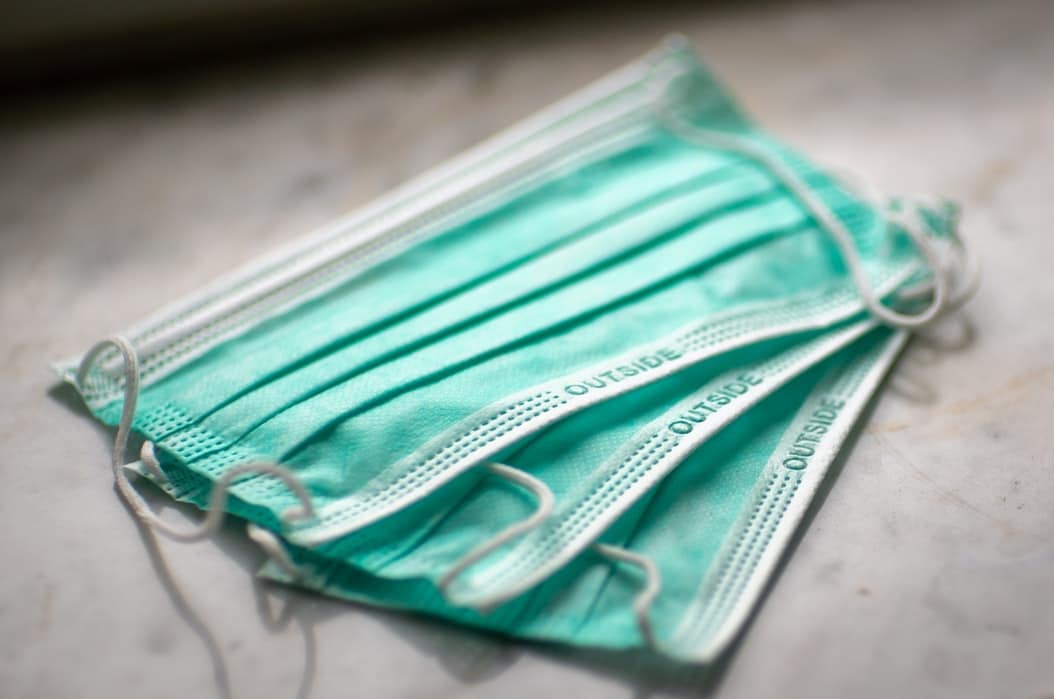Now that we’re fully into the spring season, there’s nothing that sounds better than taking photos in front of the flowers or having a socially-distanced picnic at Cabbagetown Park. But outdoor activities can result in serious allergy symptoms. Fortunately, one study shows that wearing a face mask can not only help protect you from COVID-19, but also prevent exposure to allergens.
About This Study

The study, published in the November-December 2020 issue of the Journal of Clinical Immunology, began in April 2020 at the start of both the pandemic and last year’s allergy season.
Researchers examined data from 1,824 nurses in the Israeli medical system who worked in respiratory wards or had direct contact with COVID-19 patients. Of the total number of participants, 301 suffered from seasonal allergies. Most reported wearing two masks on a daily basis, though some reported wearing just one.
Results of This Study
Most of the nurses who had seasonal allergies reported that they experienced decreased symptoms after they began to wear a mask at the start of the pandemic. The amount of relief varied based on which type and how many masks were worn.
- Nurses who wore two masks reported decreased mild to severe allergy symptoms.
- Nurses who wore just N95 masks reported decreased severe symptoms but still experienced mild symptoms.
- Nurses who wore just surgical masks reported decreased mild symptoms but still experience severe symptoms.
- All nurses still reported experiencing itchy, watery eyes, even when masking up.
How Masks Provide Relief from Allergies
Most environmental allergens, like pollen, are larger-sized particles than bacteria and germs, which is why masks are effective in protecting you from them. While most allergens can be filtered out by a surgical mask, some – like smoke – are better filtered by an N95.
Any mask approved to protect against COVID-19 will provide some level of protection against environmental allergens, as well.
While face masks won’t be in our lives forever, allergens will be. For long-term protection against your worst allergies, immunotherapy is the best option. For more information or to schedule an appointment, call the allergy experts at ENT of Georgia today.